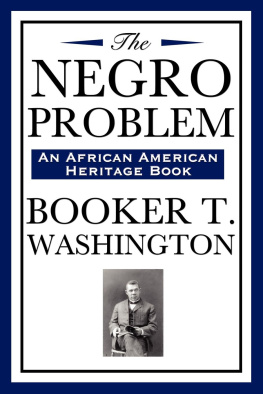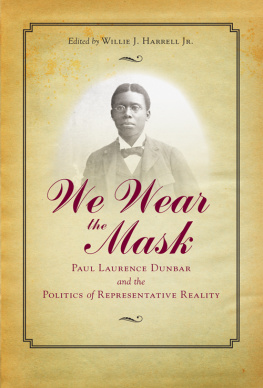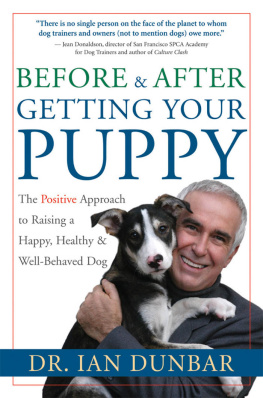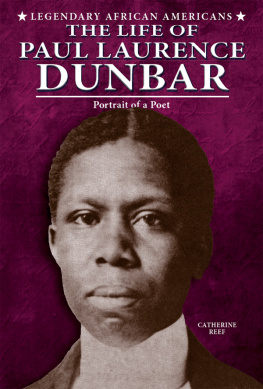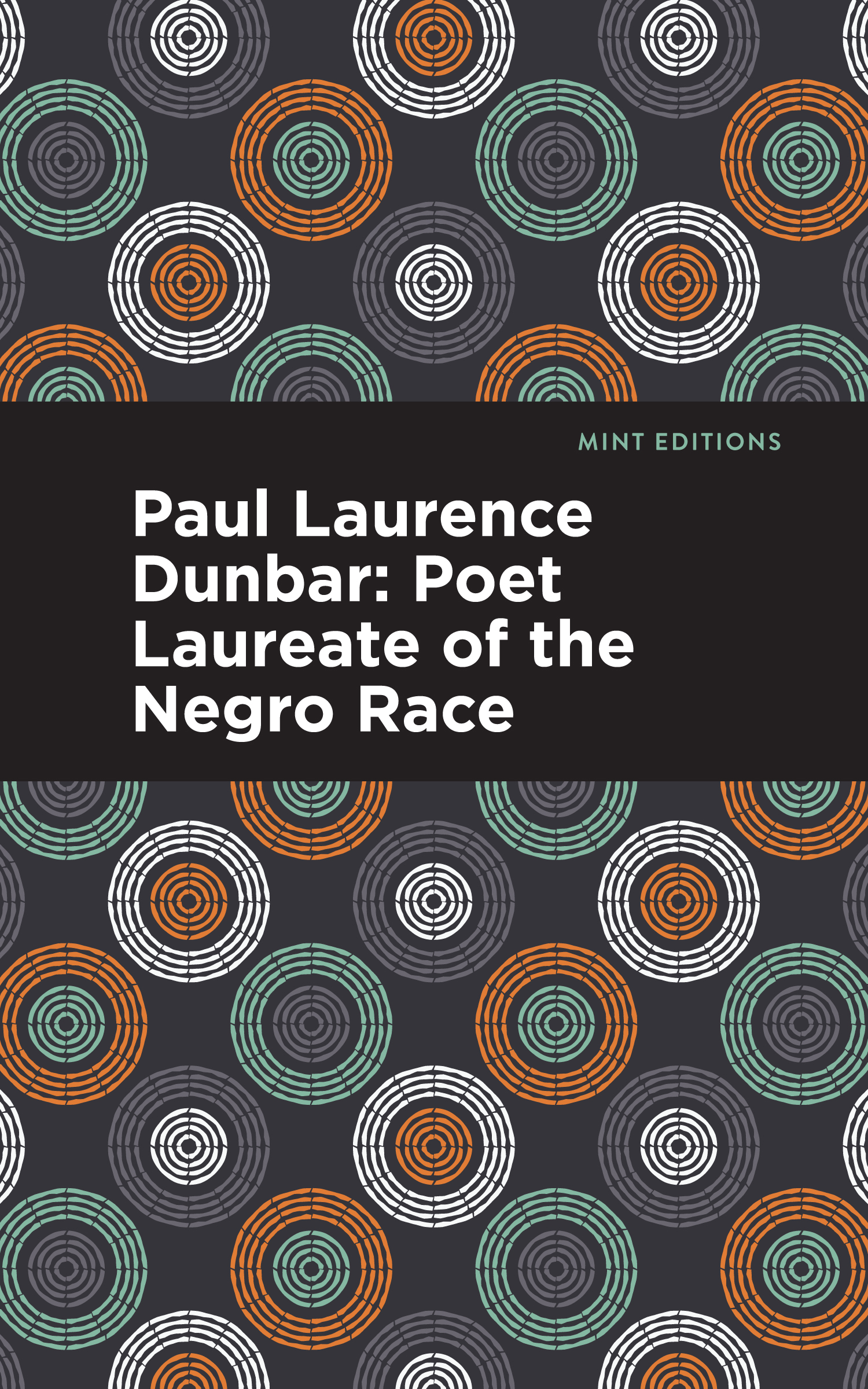Alice Dunbar Nelson - Paul Laurence Dunbar: Poet Laureate of the Negro Race
Here you can read online Alice Dunbar Nelson - Paul Laurence Dunbar: Poet Laureate of the Negro Race full text of the book (entire story) in english for free. Download pdf and epub, get meaning, cover and reviews about this ebook. year: 2021, publisher: West Margin Press, genre: Science. Description of the work, (preface) as well as reviews are available. Best literature library LitArk.com created for fans of good reading and offers a wide selection of genres:
Romance novel
Science fiction
Adventure
Detective
Science
History
Home and family
Prose
Art
Politics
Computer
Non-fiction
Religion
Business
Children
Humor
Choose a favorite category and find really read worthwhile books. Enjoy immersion in the world of imagination, feel the emotions of the characters or learn something new for yourself, make an fascinating discovery.

- Book:Paul Laurence Dunbar: Poet Laureate of the Negro Race
- Author:
- Publisher:West Margin Press
- Genre:
- Year:2021
- Rating:3 / 5
- Favourites:Add to favourites
- Your mark:
Paul Laurence Dunbar: Poet Laureate of the Negro Race: summary, description and annotation
We offer to read an annotation, description, summary or preface (depends on what the author of the book "Paul Laurence Dunbar: Poet Laureate of the Negro Race" wrote himself). If you haven't found the necessary information about the book — write in the comments, we will try to find it.
Paul Laurence Dunbar: Poet Laureate of the Negro Race (1914) is a pamphlet on American poet Paul Laurence Dunbar. Published nearly a decade after Dunbars untimely death, Paul Laurence Dunbar: Poet Laureate of the Negro Race contains three essays on his life, his legacy, and his importance to American literature. Born in Dayton, Ohio, Dunbar was the son of parents who were emancipated from slavery in Kentucky during the American Civil War. In 1893, he published Oak and Ivy, a debut collection of poetry blending traditional verse and poems written in dialect. Over the next decade, Dunbar wrote ten more books of poetry, four collections of short stories, four novels, a musical, and a play. In his brief career, Dunbar became a respected advocate for civil rights, participating in meetings and helping to found the American Negro Academy. His lyrics for In Dahomey (1903) formed the centerpiece to the first musical written and performed by African Americans on Broadway, and many of his essays and poems appeared in the nations leading publications, including Harpers Weekly and the Saturday Evening Post. Diagnosed with tuberculosis in 1900, however, Dunbars health steadily declined in his final years, leading to his death at the age of thirty-three while at the height of his career. Alice Dunbar-Nelson, in her essay, reflects on the man her husband was, a true poet who reached out and groped for the bigness of the out-of-doors, divining all that he was afterwards to see. In his piece, classical scholar William S. Scarborough argues for Dunbars importance to African American history as the first among ten million, as a man who did not inherit, [but] originated. To close the collection, Reverdy C. Ransom briefly eulogizes a poet whose loss was a blow to a people and a nation, whose name must be spoken in the same breath as Wheatley, Browning, Shelley, Burns, Keats, and Poe. More than anything, Paul Laurence Dunbar: Poet Laureate of the Negro Race cements his reputation as an artist with a powerful vision of faith and perseverance who sought to capture and examine the diversity of the African American experience. With a beautifully designed cover and professionally typeset manuscript, this edition of Paul Laurence Dunbar: Poet Laureate of the Negro Race is a classic of African American literature reimagined for modern readers.
Alice Dunbar Nelson: author's other books
Who wrote Paul Laurence Dunbar: Poet Laureate of the Negro Race? Find out the surname, the name of the author of the book and a list of all author's works by series.

